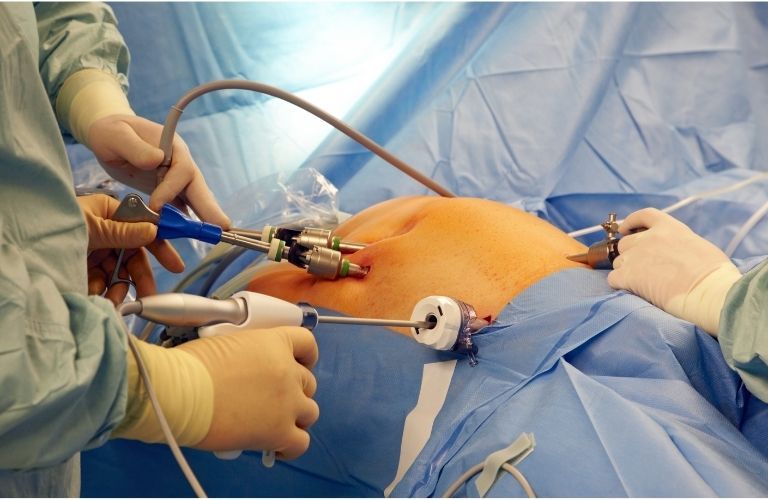Introduction to Gallbladder Stone Surgery
Gallbladder Stone Surgery, also known as cholecystectomy, is a common procedure to remove gallstones from the gallbladder. It is often performed when gallstones cause symptoms such as pain, inflammation, or blockage of the bile ducts.
Preparing for Post-Operative Care
Before undergoing gallbladder stone surgery, patients need to prepare for post-operative care. This includes arranging transportation home from the hospital, having a support system in place, and following the surgeon's pre-operative instructions.
Immediate Post-Surgery Care
After gallbladder stone surgery, patients are monitored in the recovery room for a few hours. Vital signs are checked regularly, and pain management is initiated as needed. Patients may experience some discomfort, but this is normal and can be managed with medication.
Managing Pain and Discomfort
Pain management is a crucial aspect of post-operative care. Patients are prescribed pain medications to control discomfort. It's essential to follow the prescribed dosage and schedule to ensure adequate pain relief while minimizing the risk of side effects.
Dietary Guidelines After Surgery
Following gallbladder stone surgery, patients are advised to follow a specific diet to aid in recovery and prevent complications. This typically includes a gradual transition from clear liquids to solid foods, avoiding fatty or greasy foods initially, and focusing on a balanced diet rich in fruits, vegetables, and lean proteins.
Follow-up Appointments and Monitoring
Patients are scheduled for follow-up appointments with their surgeon to monitor recovery progress. These appointments may include physical examinations, imaging tests, and discussions about any concerns or complications that arise during recovery.
Potential Complications and How to Handle Them
Although uncommon, complications can occur after gallbladder stone surgery. These may include infection, bile duct injury, or bile leakage. Patients should be aware of the signs and symptoms of complications and contact their healthcare provider immediately if they experience any concerning symptoms.
Recovery Timeline and Expectations
The recovery timeline varies for each patient but generally involves a few weeks of gradual improvement. Patients are advised to avoid strenuous activities and heavy lifting during the initial recovery period and gradually resume normal activities as tolerated.
Lifestyle Changes for Long-Term Health
After gallbladder stone surgery, patients may need to make lifestyle changes to promote long-term health and prevent gallstone recurrence. This may include maintaining a healthy weight, eating a balanced diet, staying hydrated, and exercising regularly.
Mental and Emotional Well-being During Recovery
Recovering from gallbladder stone surgery can be physically and emotionally challenging. Patients may experience a range of emotions, including anxiety, frustration, or sadness. It's essential to seek support from loved ones or healthcare professionals and practice self-care during the recovery process.
Conclusion
Post-operative care is crucial for a successful recovery after Gallbladder Stones Surgery in Riyadh. By following the recommended guidelines, managing pain effectively, attending follow-up appointments, and making lifestyle changes, patients can improve their overall well-being and reduce the risk of complications.






Comments